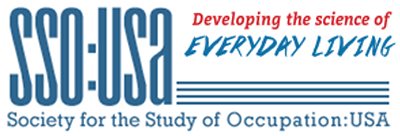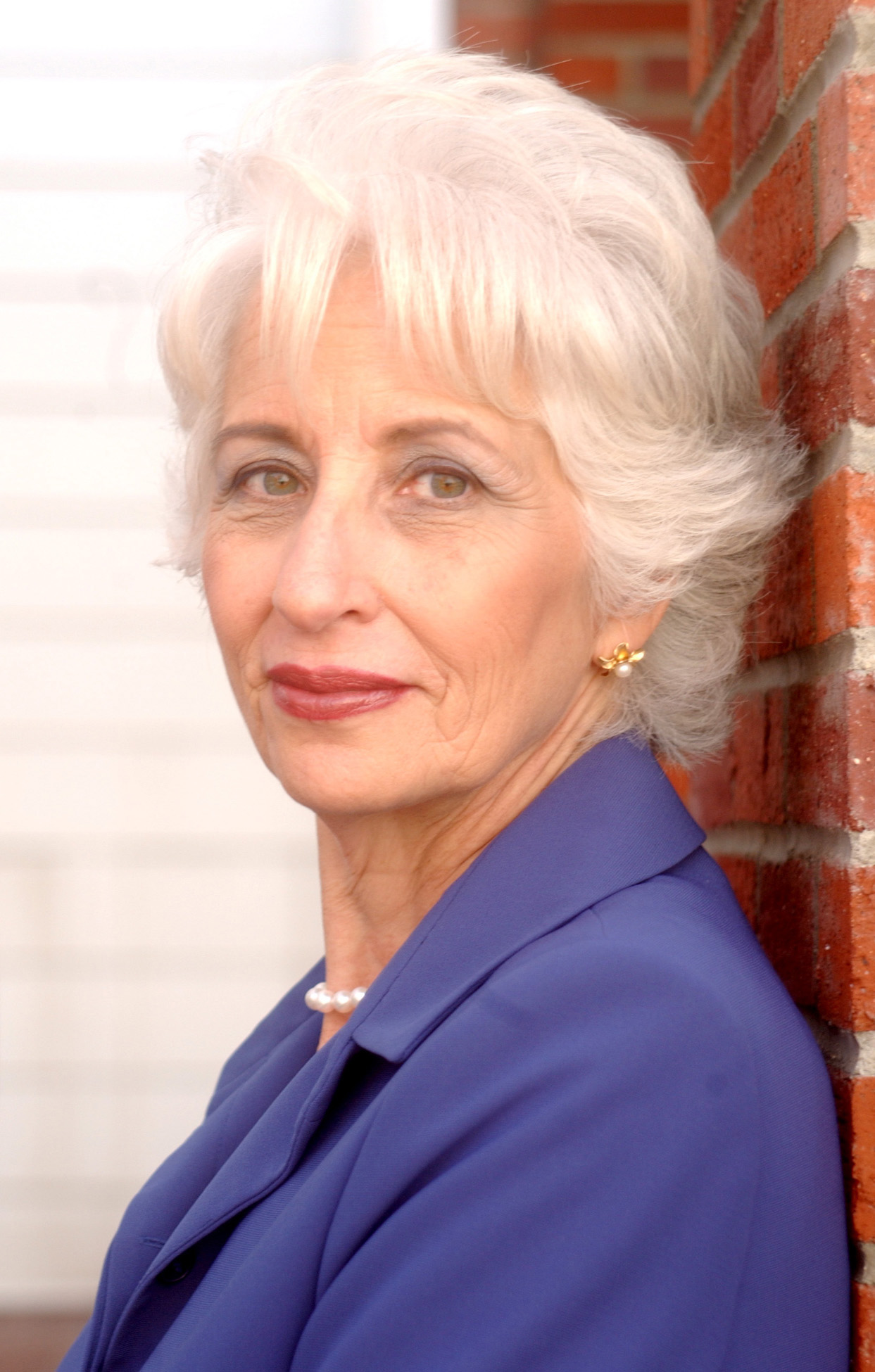Dr. Florence Clark - 2005One Person's Thoughts in Mapping the Future of Occupational Science Florence Clark, PhD, OTR, FAOTA
Occupational science has had many accomplishments in its 16 years; however, in order to continue to thrive, the discipline must remain sensitive and responsive to the changing times and environment. This paper assesses the current health status of occupational science based on the plight of other academic disciplines such as sociology and geography whose future are presently threatened. The intellectual vitality of occupational science is strong, yet, the discipline must continue to strengthen its interdisciplinary commitment, increase its number of publications, and expand its scope of research. Beyond this, strategic planning to keep occupational science alive and well in the future will require nurturing the symbiotic relationship between the discipline and the occupational therapy profession because of the reproductive cycle in which they co-participate. To the extent that occupational therapy thrives, so too will occupational science be better-positioned to have the resource base and link to practice it needs to flourish. Finally, viewing occupation science as a kind of living organism whose survival can be described through principles of evolutionary biology can also help with the formulation of strategic initiatives. In this paper, I use this framework for conceptualizing and formulating long-term survival strategies for occupational science. I then present a heuristic model for developing customized plans for survival for occupational science programs nationwide and for the discipline in general. USC’s occupational science program is used to illustrate the implementation of the heuristic model in terms of national and global priorities, university/institutional culture, mission and values, university colleagues/networks/ and programs, and department research and educational programs. I believe that occupational science will thrive in the future if all of us develop and implement customized plans for survival for our programs that are receptive and reactive to the opportunities and challenges that are present in our everyday settings. |

